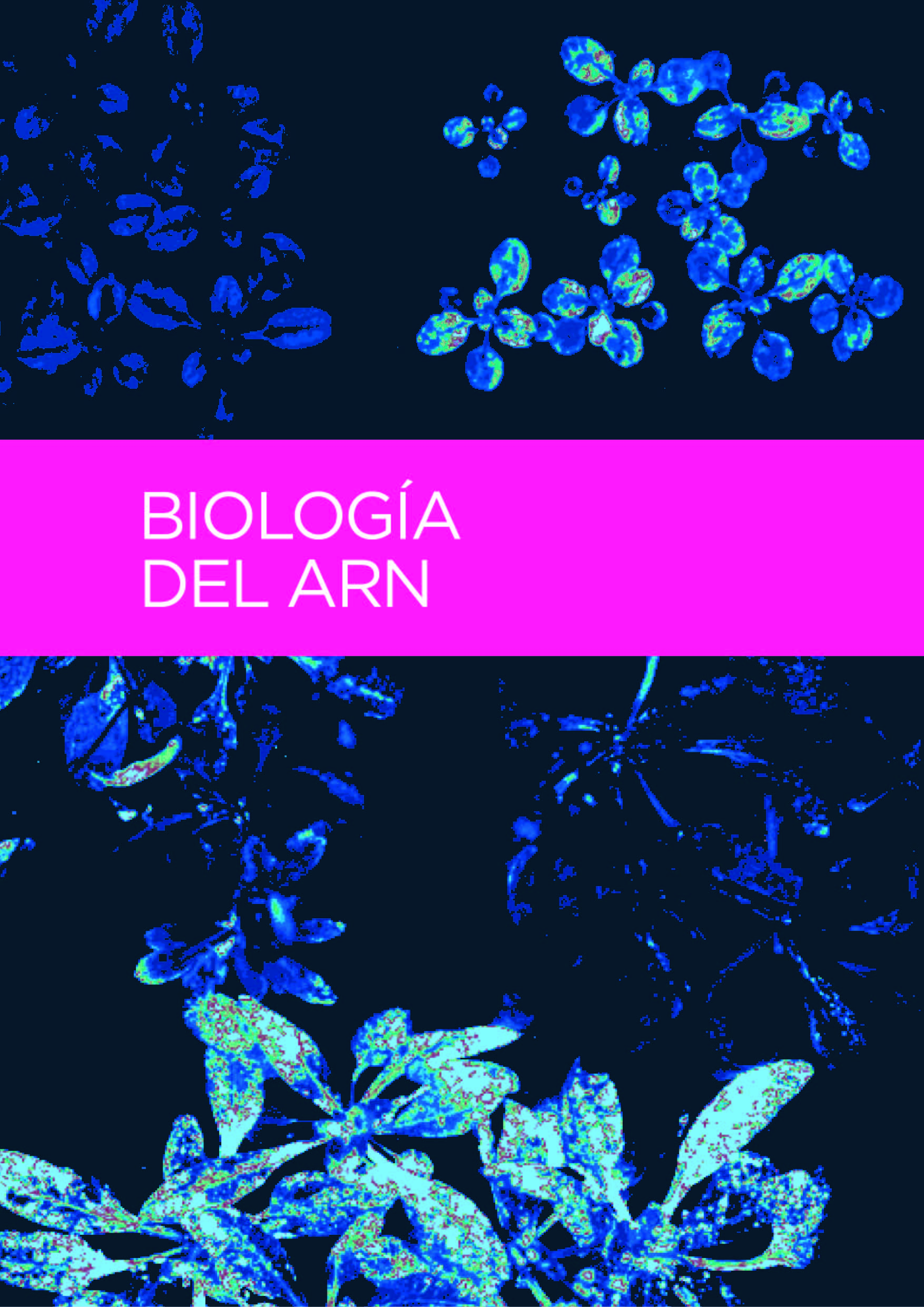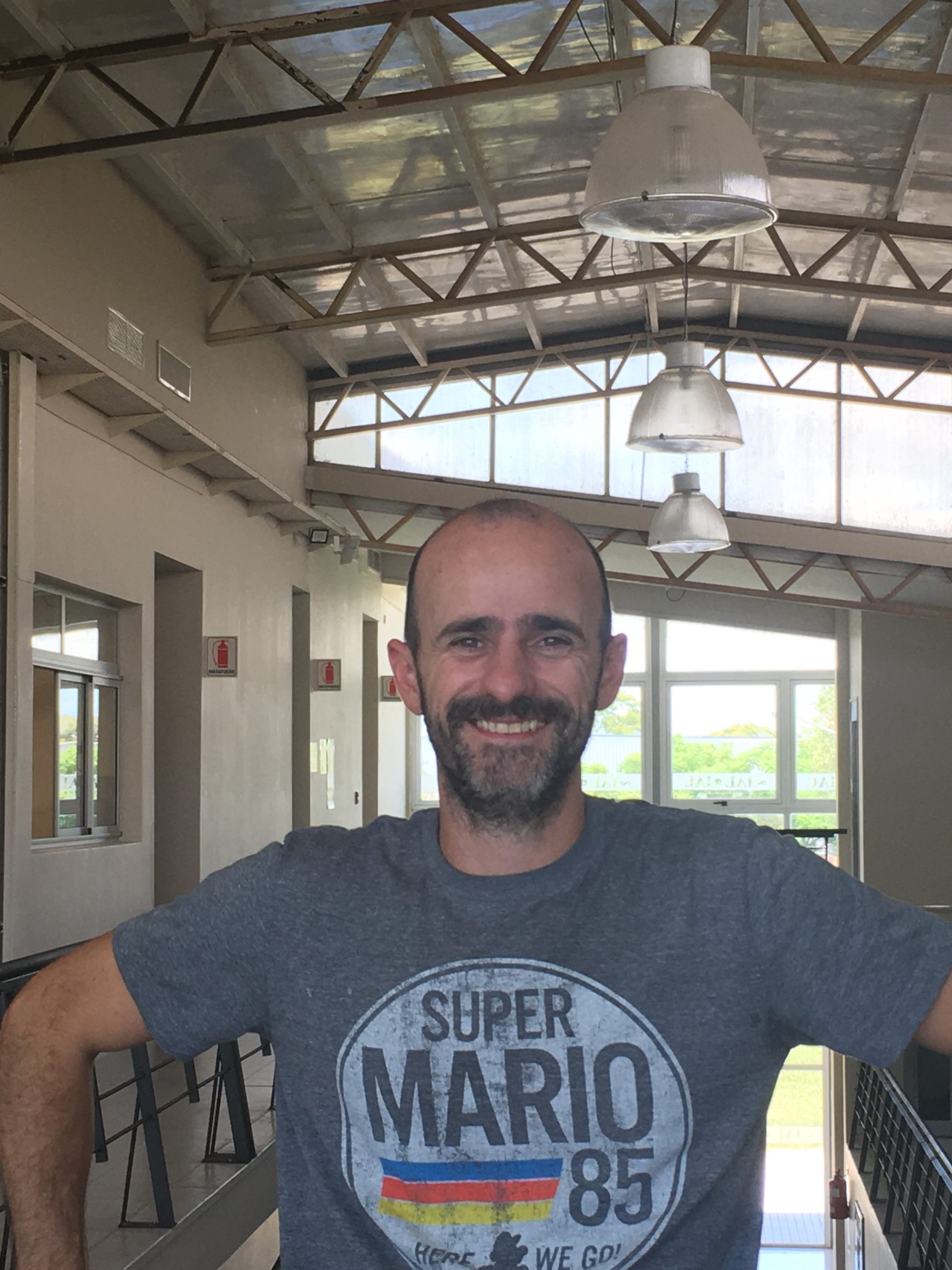Research Interests
 Micro RNAs (miRNAs) are small (20-22 nt) RNA molecules able to regulate target genes by sequence complementarity in a pathway known as post-transcriptional gene silencing (PTGS). The miRNA-mediated gene silencing pathway regulates nearly all developmental and adaptive programs in plats. My group is focused on understanding the mechanism regulating miRNA biogenesis in plants. Using a variety of molecular and cell biology, biochemical, and genetic approaches, we have identified numerous factors involved in the production of miRNAs and the impact of the environment over this process. Besides studying the mechanisms directing miRNAs' production, we are also interested in understanding these regulatory molecules' downstream role in the gene silencing pathway and plant development.Besides miRNAs, the plants contain other types of small interfering RNAs (siRNAs), among them the 24 nt long heteroaromatic siRNAs (het-siRNAs) represent the most abundant kind of small RNAs. These siRNAs control gene expression, especially transposable elements, by inducing de novo methylation of the DNA in a pathway known as RNA-directed DNA methylation (RdDM). The epigenetic processes triggered by this pathway are essential for the plant's adaptative responses. We have also progressively incorporated the study of other types of siRNAs, especially het-siRNAs, to our research lines. We are particularly interested in these molecules' impact over the genome structure, integrity, and evolution. We have focused our studies on understanding how het-siRNA, produced from transposons, regulate genes in trans by modulating the three-dimensional chromatin organization.
Micro RNAs (miRNAs) are small (20-22 nt) RNA molecules able to regulate target genes by sequence complementarity in a pathway known as post-transcriptional gene silencing (PTGS). The miRNA-mediated gene silencing pathway regulates nearly all developmental and adaptive programs in plats. My group is focused on understanding the mechanism regulating miRNA biogenesis in plants. Using a variety of molecular and cell biology, biochemical, and genetic approaches, we have identified numerous factors involved in the production of miRNAs and the impact of the environment over this process. Besides studying the mechanisms directing miRNAs' production, we are also interested in understanding these regulatory molecules' downstream role in the gene silencing pathway and plant development.Besides miRNAs, the plants contain other types of small interfering RNAs (siRNAs), among them the 24 nt long heteroaromatic siRNAs (het-siRNAs) represent the most abundant kind of small RNAs. These siRNAs control gene expression, especially transposable elements, by inducing de novo methylation of the DNA in a pathway known as RNA-directed DNA methylation (RdDM). The epigenetic processes triggered by this pathway are essential for the plant's adaptative responses. We have also progressively incorporated the study of other types of siRNAs, especially het-siRNAs, to our research lines. We are particularly interested in these molecules' impact over the genome structure, integrity, and evolution. We have focused our studies on understanding how het-siRNA, produced from transposons, regulate genes in trans by modulating the three-dimensional chromatin organization.
DIRECTOR PABLO A. MANAVELLA